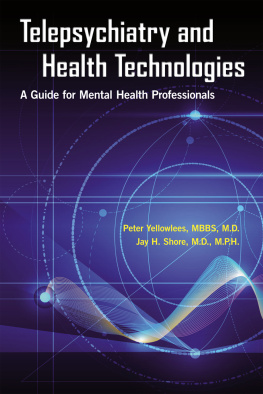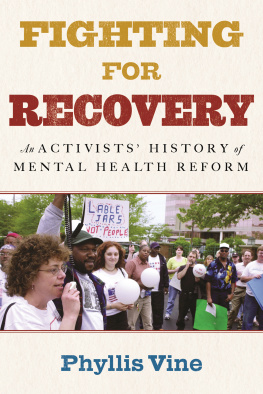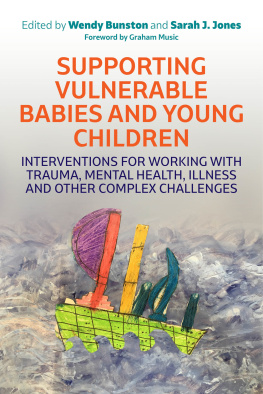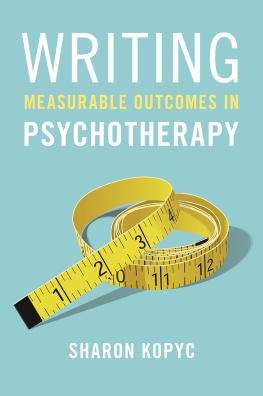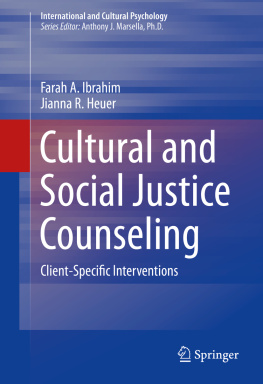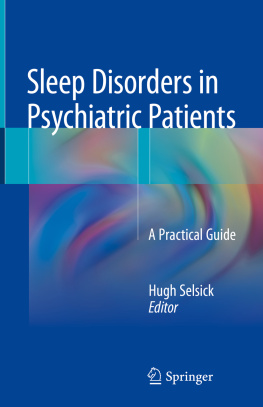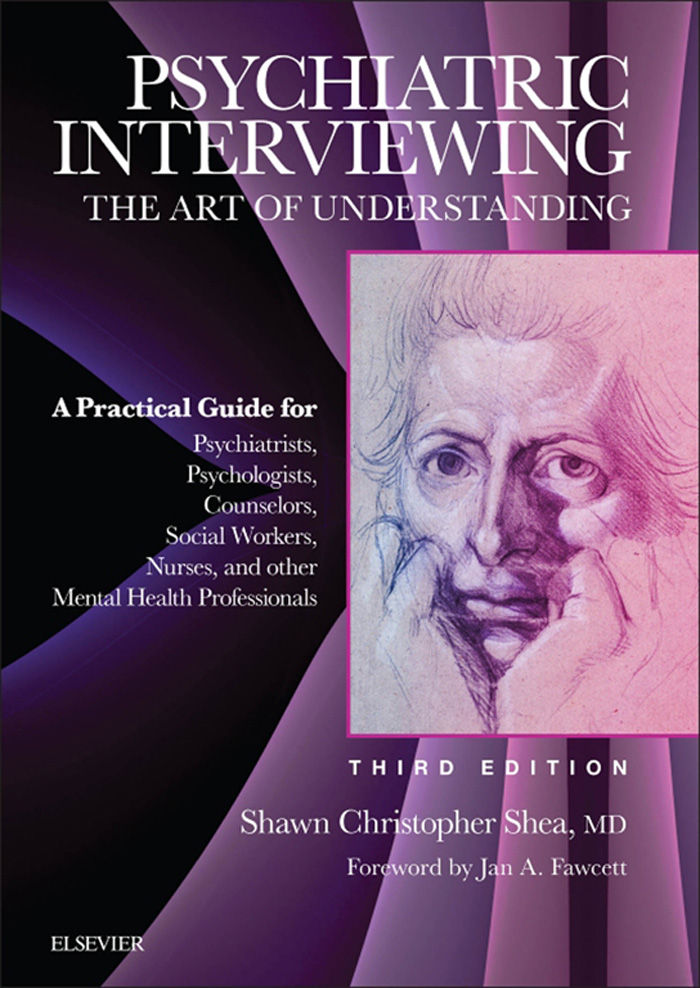Shawn Christopher Shea - Psychiatric Interviewing: The Art of Understanding: A Practical Guide for Psychiatrists, Psychologists, Counselors, Social Workers, Nurses, and Other Professionals
Here you can read online Shawn Christopher Shea - Psychiatric Interviewing: The Art of Understanding: A Practical Guide for Psychiatrists, Psychologists, Counselors, Social Workers, Nurses, and Other Professionals full text of the book (entire story) in english for free. Download pdf and epub, get meaning, cover and reviews about this ebook. year: 2016, publisher: Elsevier, genre: Home and family. Description of the work, (preface) as well as reviews are available. Best literature library LitArk.com created for fans of good reading and offers a wide selection of genres:
Romance novel
Science fiction
Adventure
Detective
Science
History
Home and family
Prose
Art
Politics
Computer
Non-fiction
Religion
Business
Children
Humor
Choose a favorite category and find really read worthwhile books. Enjoy immersion in the world of imagination, feel the emotions of the characters or learn something new for yourself, make an fascinating discovery.

- Book:Psychiatric Interviewing: The Art of Understanding: A Practical Guide for Psychiatrists, Psychologists, Counselors, Social Workers, Nurses, and Other Professionals
- Author:
- Publisher:Elsevier
- Genre:
- Year:2016
- Rating:5 / 5
- Favourites:Add to favourites
- Your mark:
Psychiatric Interviewing: The Art of Understanding: A Practical Guide for Psychiatrists, Psychologists, Counselors, Social Workers, Nurses, and Other Professionals: summary, description and annotation
We offer to read an annotation, description, summary or preface (depends on what the author of the book "Psychiatric Interviewing: The Art of Understanding: A Practical Guide for Psychiatrists, Psychologists, Counselors, Social Workers, Nurses, and Other Professionals" wrote himself). If you haven't found the necessary information about the book — write in the comments, we will try to find it.
Print purchase includes enhanced Expert Consult eBook with over 7.5 hours of streaming video; quickly search text, figures, references, and videos on laptops, tablets, and smart phones.
With time at a premium, todays clinicians must rapidly engage their patients while gathering an imposingly large amount of critical information. These clinicians appropriately worry that the person beneath the diagnoses will be lost in the shuffle of time constraints, data gathering, and the creation of the electronic health record. Psychiatric Interviewing: The Art of Understanding: A Practical Guide for Psychiatrists, Psychologists, Counselors, Social Workers, Nurses, and other Mental Health Professionals, 3rd Edition tackles these problems head-on, providing flexible and practical solutions for gathering critical information while always attending to the concerns and unique needs of the patient.
Over five years in the making, this classic introduction to the art of clinical interviewing returns, updated, expanded and innovatively designed for todays reader with over 7.5 hours of streaming video integrated directly into the text itself. Readers now also become viewers, acquiring the rare opportunity to see the author both illustrating specific interviewing techniques and subsequently discussing effective ways in which to employ them. The founder and Director of the acclaimed Cape Cod Symposium, Rob Guerette, describes Dr. Sheas skills as a speaker as follows, Dr. Shea is an extremely gifted teacher, whose vibrant story-telling skills and compelling videos have led to him garnering some of the highest evaluations in the 30 year history of the Cape Cod Symposium. In short, readers are in for a rare treat when viewing the books video component.
Within the text, Dr. Shea deftly integrates interviewing techniques from a variety of professional disciplines from psychiatry to clinical psychology, social work, and counseling providing a broad scope of theoretical foundation. Written in the same refreshing, informal writing style that made the first two editions best sellers, the text provides a compelling introduction to all of the core interviewing skills from conveying empathy, effectively utilizing open-ended questions, and forging a powerful therapeutic alliance to sensitively structuring the interview while understanding nonverbal communication at a sophisticated level. Updated to the DSM-5, the text also illustrates how to arrive at a differential diagnosis in a humanistic, caring fashion with the patient treated as a person, not just another case.
Whether the reader is a psychiatric resident or a graduate student in clinical psychology, social work, counseling or psychiatric nursing, the updated third edition is designed to prepare the trainee to function effectively in the hectic worlds of community mental health centers, inpatient units, emergency rooms, and university counseling centers. To do so, the pages are filled with sample questions and examples of interviewing dialogue that bring to life methods for sensitively exploring difficult topics such as domestic violence, drug abuse, incest, antisocial behavior, and taking a sexual history as well as performing complex processes such as the mental status. The expanded chapter on suicide assessment includes an introduction to the internationally acclaimed interviewing strategy for uncovering suicidal ideation, the Chronological Assessment of Suicide Events (CASE Approach). Dr. Shea, the creator of the CASE Approach, then illustrates its techniques in a compelling video demonstrating its effective use in an interview involving a complex presentation of suicidal planning and intent.
A key aspect of this text is its unique appeal to both novice and experienced clinicians. It is designed to grow with the reader as they progress through their graduate training, while providing a reference that the reader will pull off the shelf many times in their subsequent career as a mental health professional. Perhaps the most unique aspect in this regard is the addition of five complete chapters on Advanced and Specialized Interviewing (which comprise Part IV of the book) which appear as bonus chapters in the accompanying e-book without any additional cost to the reader. With over 310 pages, this web-based bonus section provides the reader with essentially two books for the price of one, acquiring not only the expanded core textbook but a set of independent monographs on specialized skill sets that the reader and/or faculty can add to their curriculum as they deem fit.
New and Expanded Content:
- Expert Consult eBook version included with purchase. This enhanced eBook experience allows you to search all of the text, figures, references, and videos from the book on a variety of devices
- Bonus chapter on advanced aspects of cross-cultural interviewing, including approaches for recognizing clinician biases and exploring the clients spirituality and framework for meaning
- Bonus chapter on motivational interviewing
- Bonus chapter on transforming patient anger and moments of potential disengagement
- Bonus chapter for prescribing clinicians -- such as psychiatrists and psychiatric nurse clinicians -- on how to collaboratively talk with patients about their medications
- Includes over 7.5 hours of video illustration and instruction
- Brings to life the pain and phenomenology of people coping with severe mental illnesses, such as schizophrenia, bipolar disorder, and major depressive disorder
- An entire chapter on engaging patients with difficult personality disorders, such as borderline personality disorder and narcissistic personality disorder
- A new and unique chapter covering often overlooked areas, such as positive psychology and methods for uncovering client wellness and strengths
- Extensive chapter on nonverbal communication, including the complex challenges related to interviewing on the web by text and/or tele-psychiatry
- A comprehensive introduction to facilics (an innovative supervision system for helping clinicians learn how to transform interviews into naturalistically flowing conversations), including an interactive web-based self-learning module on facilic supervision schematics for both faculty and students
- Practical tips for creating a good EHR/write-up, in addition to sample clinical forms for EHR/written documentation
- A specialized appendix for faculty, which includes four complete articles from the Psychiatric Clinics of North America that address educational topics including: effectively designing interviewing training courses and macrotraining suicide assessment skills
Shawn Christopher Shea: author's other books
Who wrote Psychiatric Interviewing: The Art of Understanding: A Practical Guide for Psychiatrists, Psychologists, Counselors, Social Workers, Nurses, and Other Professionals? Find out the surname, the name of the author of the book and a list of all author's works by series.

